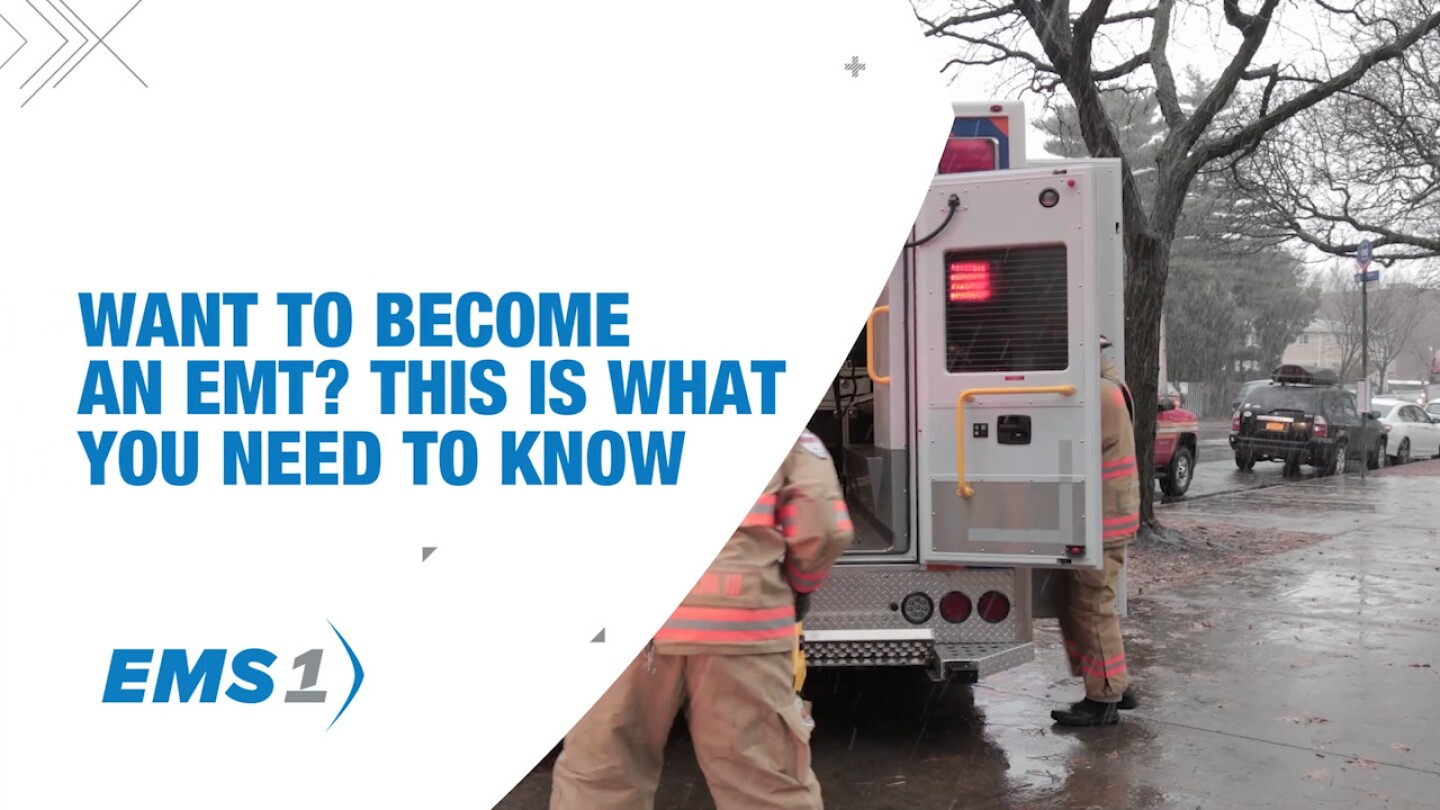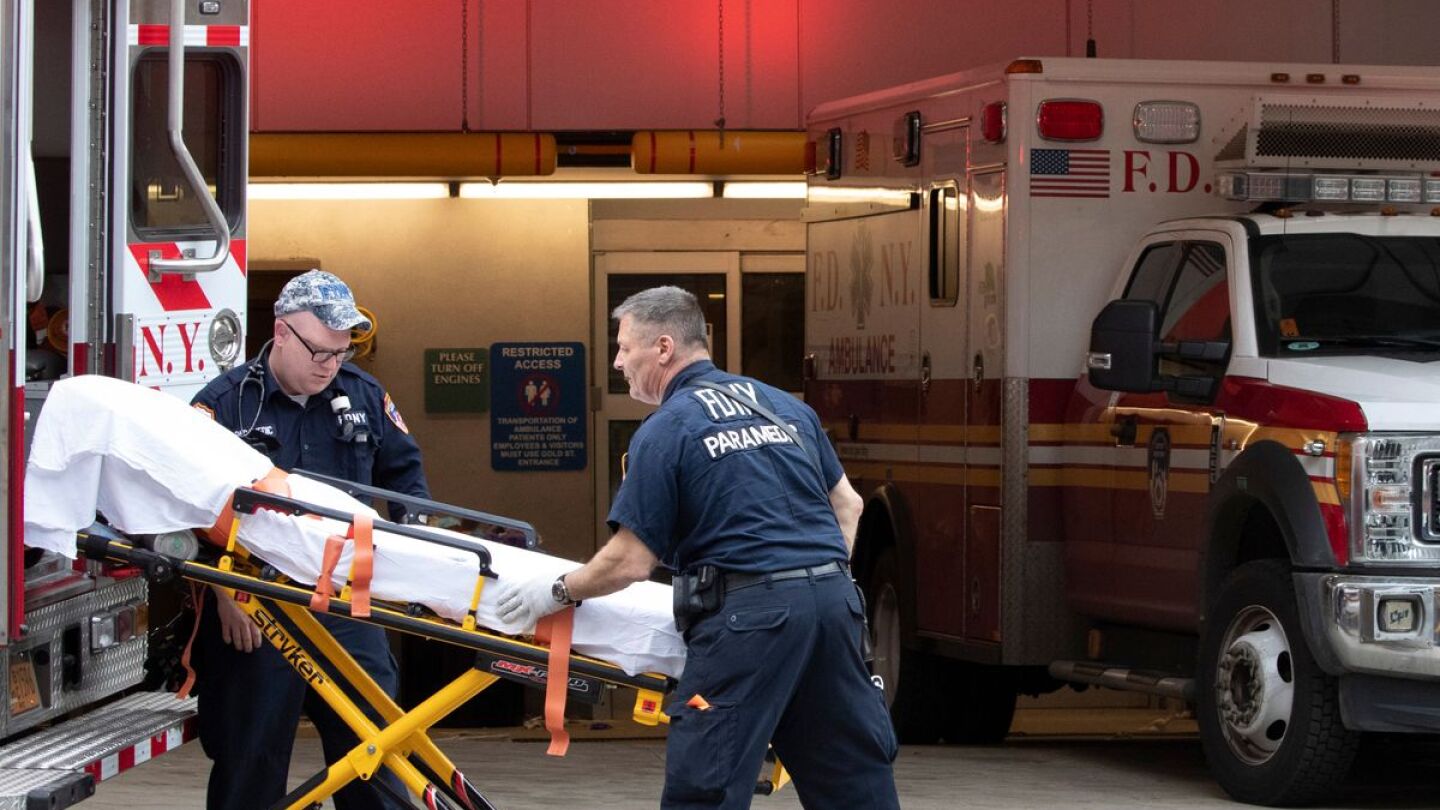Clinical
Access our directory of clinical articles in EMS, which offers in-depth information on patient assessment, treatment protocols, and emerging medical practices. This collection covers various clinical topics essential for EMS professionals, from advanced pharmacology to trauma management. Staying up-to-date with clinical knowledge is vital for delivering high-quality patient care. For additional resources, explore our section on Medical Research. Enhance your clinical expertise with our expert-driven content.
Identifying and treating tension pneumothorax, a life-threatening condition that can occur with chest trauma
OPQRST is an important part of patient assessment and the start of a conversation with the patient about their pain complaint
Capnography and ETCO2 monitoring are critical for assessing ventilation, confirming airway placement and guiding resuscitation
A pioneering EMS program is helping patients with opioid use disorder find a path to recovery
Discover how fentanyl test strips work, the obstacles to their widespread use and their impact on harm reduction
Steve Whitehead shares CPAP contraindications
OMI President Felix Marquez shares how VR training is helping rural Florida EMS agencies maintain critical pediatric emergency skills
Assessment and treatment pearls to simplify three common chest trauma presentations
Think you or someone you know might have measles? Here’s what you need to know
“There has never been a more crucial time to have a wingmate in EMS – a wingmate to watch your six and guide each other through the storm”
Realistic scenarios that reflect the patients EMTs and paramedics regularly encounter are critical to preparing students for the challenges of the EMS profession
Being an emergency medical technician is rewarding job, and with the right EMT training, there’s plenty of room to grow
What do femoral pulse, radial pulse and carotid pulse actually indicate?
Avoid false blood pressure readings that could impact patient care. Discover the most frequent BP measurement mistakes and expert-backed techniques for accuracy.
The need for data-driven decisions in managing aggressive patients while ensuring safety and compliance
Understand the causes, signs and symptoms, and prehospital treatment for kidney injury
A unified effort among EMS agencies, hospitals and aviation units ensures faster, lifesaving treatment
The Colorado Springs Fire Department worked closely with the UCHealth hospital system to get the life-saving program off the ground
A month after his son initiated CPR for his first SCA, Wayne Kewitsch suffered a second medical emergency while driving
New research explores how point-of-care lung ultrasound can improve prehospital identification of acute heart failure
The nurse at the Kaiser Permanente’s Redwood City Medical Center was pinned between a hospital bed and the machine
From the 1500s until today, techniques for placing a tube into the trachea have continuously evolved and will continue to improve in the future
Be prepared for Super Bowl-related emergencies, from avocado mishaps to cardiac arrest
During a time of racial tension and social upheaval, the movement helped form the foundations of the pre-hospital care we’re used to today
A randomized trial suggests public spaces may be suitable for blood pressure screenings
Managing high-risk/difficult refusals with the FEARS mnemonic
Four distinct events must occur in order for an anaphylactic reaction to manifest
An easy patient assessment activity you can incorporate in any classroom
MOST POPULAR
- 30 feet to catastrophe: The price of a higher wall — injuries at the U.S.-Mexico border
- The EMS Book Club: 10 texts all paramedics should have on their shelves
- Measles: What it is, how it spreads and what to do if you suspect it
- 5 errors that are giving you incorrect blood pressure readings
- NEMSQA 2024: Dr. Jeff Jarvis on airway safety and the path to EMS improvement































